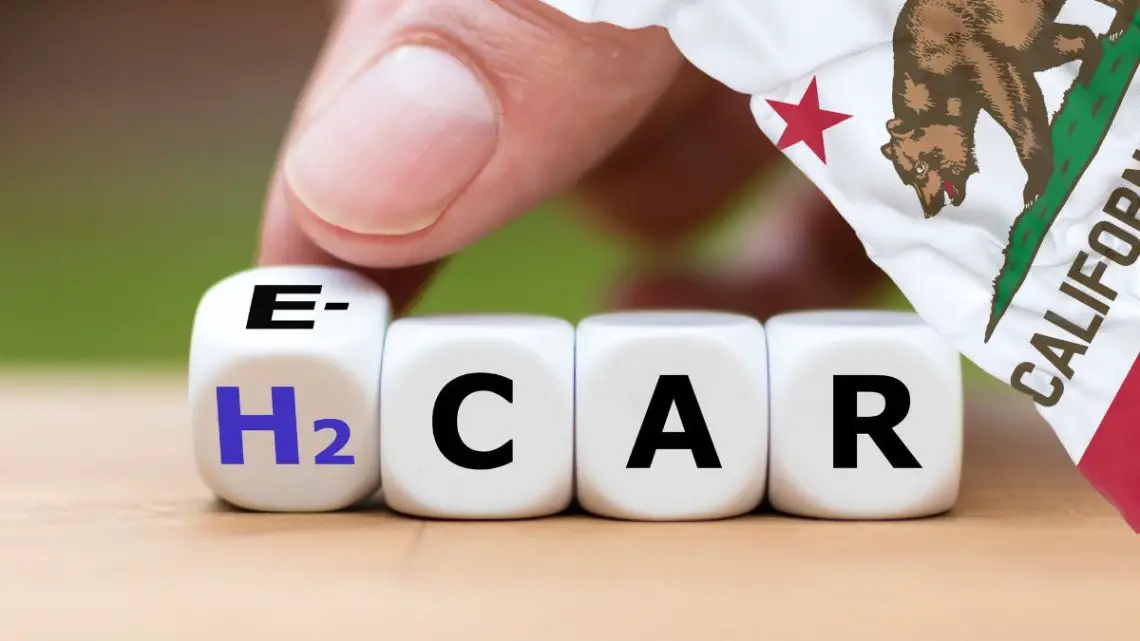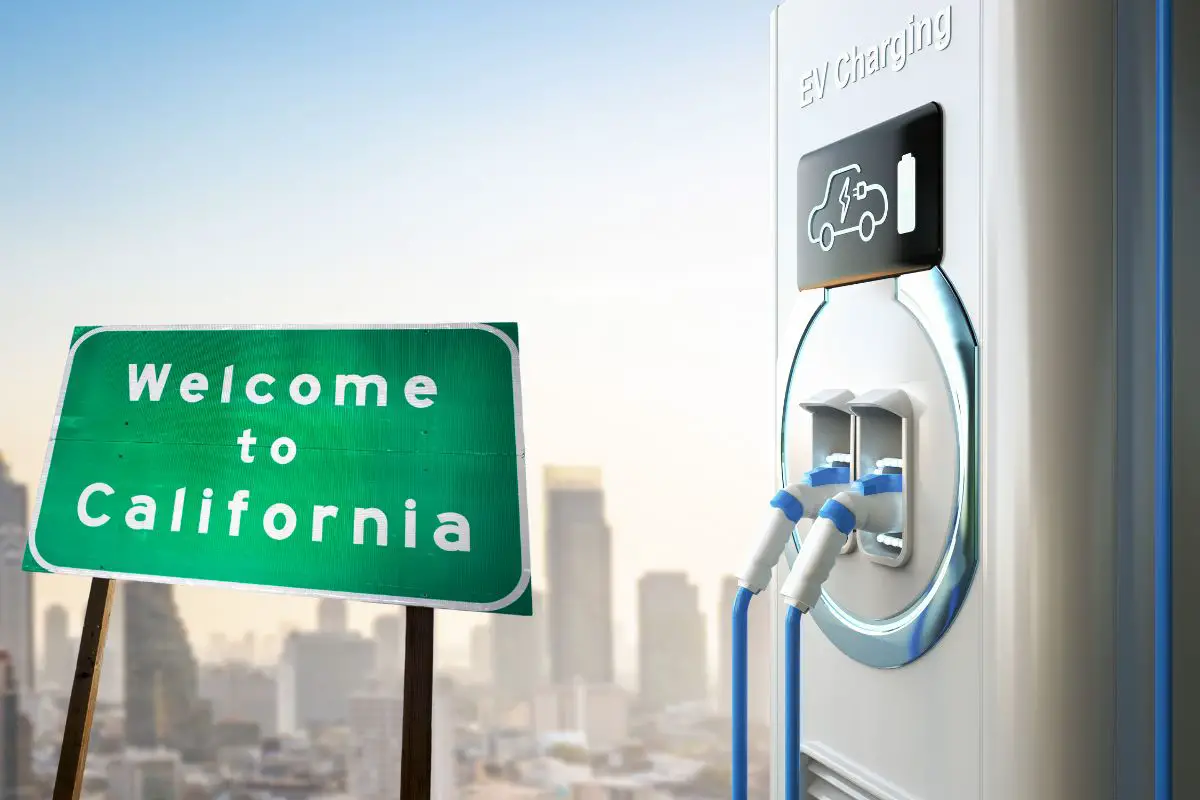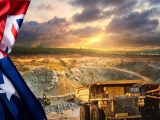
California’s Hydrogen Car Pioneers Echo the EV Revolution
August 20, 2024A Journey Just Beginning
The road to widespread adoption of hydrogen vehicles is mirroring the early days of electric vehicles (EVs) in many ways. While EVs have made significant strides thanks to improvements in infrastructure and technology, hydrogen-powered cars are still at the starting line, facing similar challenges.
California Hydrogen Car Owners Speak Out
California’s hydrogen car advocate, Stephen Mirkin from North Hollywood, expresses his optimistic and patient outlook to the Los Angeles Times, conveying his strong belief in the promising future of hydrogen fuel. Mirkin, a member of the California Hydrogen Car Owners Association, highlights parallels with the past—recalling how gasoline was scarce when automobiles began replacing horse-drawn carriages, and how finding charging stations was a challenge during the initial rise of EVs. “Hydrogen is the fuel of the future, today,” he affirms, reflecting the optimism of many early adopters.
Frank Deni from Lake Forest raises concerns about infrastructure, noting that both electric and hydrogen vehicles are hindered by the lack of refueling stations. He compares it to building homes without first securing essential utilities, emphasizing the need for robust infrastructure to support these clean-air vehicles.
Stephen Mirkin and Frank Deni both illustrate the bumpy road ahead for the widespread adoption of hydrogen and electric vehicles. Mirkin’s optimism about the future of hydrogen as a fuel reflects the hopeful spirit of early adopters, while Deni’s concerns underscore the critical need for infrastructure development. Both perspectives draw parallels with historical transitions, like the scarcity of gasoline and charging stations in the past. This journey, though challenging, holds the promise of a cleaner, sustainable future.
JD Power’s Insights on EV Satisfaction
The evolution of the EV market offers valuable lessons for hydrogen car proponents. JD Power’s 2024 U.S. Electric Vehicle Experience (EVX) Public Charging Study indicates a gradual but promising improvement in public charging infrastructure satisfaction. Despite slow progress, there’s a glimmer of hope with increased satisfaction scores for DC fast chargers. However, the study also highlights areas needing improvement, such as the sheer availability of charging stations and maintenance issues.

JD Power’s findings suggest that non-Tesla EV owners now have access to Tesla’s previously exclusive Supercharger network, contributing to a rise in customer satisfaction among these users. This development exemplifies how expanding infrastructure access can enhance user experience—a critical takeaway for hydrogen vehicle stakeholders, especially in the areas that hydrogen refueling is taking effect faster for commercial trucking – these stations can accommodate private passenger vehicles as well.
Quick Facts About Roadblocks to EV Customer Satisfaction
Electric vehicle (EV) sales in the U.S. reached a record of over 1 million units in 2023, capturing 7.6% of the market share. Despite this growth, consumers remain apprehensive, primarily due to concerns about limited driving range—especially as freezing temperatures can reduce EV range by approximately 32%.
High prices and a sparse variety of models further contribute to consumer reluctance, leaving many feeling that EVs are still financially out of reach or not appealing. Despite extensive positive media coverage, generous government incentives, and American enthusiasm for cutting-edge technology, the average consumer hesitates to fully embrace electric vehicles. Defined as cars, SUVs, and light trucks that operate solely on electricity sourced from external charging, often referred to as battery electric vehicles (BEVs), these vehicles face several obstacles in achieving greater market penetration.
Despite this upward trend in sales, numerous roadblocks stymie broader EV adoption. Kelley Blue Book’s analysis identifies several hurdles impacting electric car ownership, including:
- High Initial Prices: The cost of electric vehicles remains a significant barrier for potential buyers.
- Lack of Charging Infrastructure: Insufficient charging stations can discourage prospective EV owners, particularly in rural areas.
- Range Anxiety: Many consumers worry about the limited driving range of electric vehicles, which can hinder their willingness to make the switch.
- Cold Weather Performance Issues: EV performance can diminish in freezing temperatures, raising concerns about reliability in colder climates.
- Concerns Over Battery Costs and Replacements: The potential for high costs related to battery maintenance and replacement can deter buyers.
- Absence of Home Charging Options: For those without a garage or dedicated parking space, the lack of home charging setups is a major drawback.
- Practical Needs Related to Pickup Trucks and Towing Capabilities: Many consumers require vehicles that can manage towing and heavy-duty work, which limited EV options currently do not address.
These factors collectively raise questions about why electric vehicles haven’t gained universal appeal, despite significant investments in marketing and financial incentives.
The Road Ahead for Hydrogen Vehicles
 While the current landscape for hydrogen vehicles mirrors the early challenges faced by EVs, the trajectory of electric vehicles offers a roadmap for overcoming them. It’s clear that substantial investments in infrastructure, coupled with regulatory support, will be essential for hydrogen vehicles to thrive.
While the current landscape for hydrogen vehicles mirrors the early challenges faced by EVs, the trajectory of electric vehicles offers a roadmap for overcoming them. It’s clear that substantial investments in infrastructure, coupled with regulatory support, will be essential for hydrogen vehicles to thrive.
The lessons learned from the electric vehicle sector underline the importance of perseverance and strategic development of fueling networks. Just as electric vehicles took years to achieve their current level of adoption and acceptance, hydrogen cars will require time, investment, and commitment to reach their full potential.
The experiences of hydrogen car owners today echo those of EV pioneers a decade ago—a testament to the complex yet rewarding journey toward a more sustainable future.



 With over 15 years of reporting hydrogen news, we are your premier source for the latest updates and insights in hydrogen and renewable energy.
With over 15 years of reporting hydrogen news, we are your premier source for the latest updates and insights in hydrogen and renewable energy.
Bret I am a firm believer that hydrogen will be the leader in about 10 years time. This is my PhD thesis related to lovomotives. The only problem that I have is I cannot find a university to accept the thesis. I did the development in Erie,Pennsylvania.
Hybrid Locomotive Powered from Hydrogen Fuel Cells
to power electric locomotives. In particular the development includes patented Slip/Slide control and predictive wheel circumference compensation of each bogie wheel individually powered by DTC inverters using permanent magnet 3-phase AC traction motors
A development also to assist Climate Change
Proposed PhD thesis by Bernard Schaffler. BSc Eng. MSc Eng. FIEAust. CPEng. MIEEE